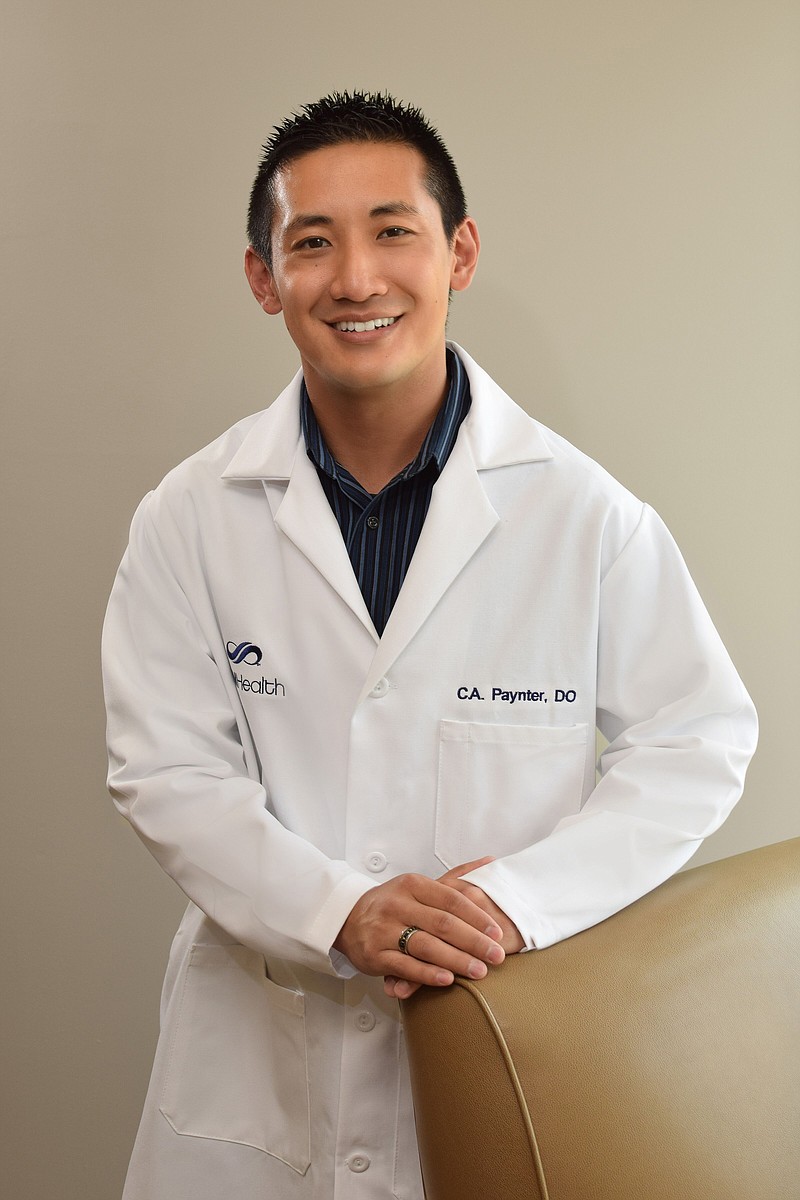Even as a young child we are often asked, "What are you going to be when you grow up?" While it may not be intended to be harmful, it is often perceived as a finite goal in life, which once we achieve this, we will have arrived and that is the end of the game.
Sometimes those goals are within our reach to conquer those steps right away. Sometimes our goals are so out of reach that we become overwhelmed and just give up. Whichever way we lean, we often fail to take time to enjoy life as it comes and just realize that life is an infinite game and we should take each moment as it comes.
From the ages of 1-44, our most common cause of death is by unintentional injury, followed by suicide and then homicide. Within the unintentional injury, the leading cause was poisoning/overdose, followed by motor vehicle crash, drownings and falls.
Within this period, we spend half of our time thinking that we are invincible. Then we spend the other half of this period in denial of our mortality. If your substance use is because you fear nothing, please know that your decisions matter now and can affect you in the future. If your use is intended as an escape or an attempt to run from something that happened to you before, please know that you are loved and that you do matter.
In regard to suicide and homicide, of course this transitions to a discussion about mental health. The barriers toward improving mental health are a lack of access to finding help as well as a social stigma about what mental health is. Often, many will deny the help from a psychiatrist (physician) or psychologist (therapist) because, "I'm not crazy." Just like our heart health, it is vital to maintain a healthy lifestyle to ensure our heart and circulation stay strong.
Here are some ways to help with mental health.
Make face-to-face social interactions: That includes all introverts! If there is anything we have learned from COVID, it is that we are social creatures who need interactions.
Stay active: It does not mean you have to go to a gym. Even going for regular walks and enjoying nature can help maintain physical and emotional health.
De-stress: Life can be very demanding, whether it is jobs, family, etc. Take time for yourself and find balance with life's many demands.
Try new things: A Harvard study showed that trying new things/challenges can help with cognitive skills.
Healthy diet: We have all felt tired after eating out too much. Eating a healthy balance of fruits and vegetables, as well as proteins, are important for energy and also for how you feel.
Sleep: the average adult gets less than seven hours of sleep, but we should be getting around seven to nine hours of sleep per night. Many will say, "I'll sleep when I'm dead." That may be sooner than you think. Not only does less sleep raise your cortisol levels and make it difficult to lose weight, it can also put stress on your heart and affect your brain function. As a disclaimer, getting more than nine hours of sleep does not mean you are more well-off.
Find purpose: Find value in what you do. Even miniscule things have meaning. Caring for kids is one of the most important jobs you can have! Even if you do not like your job, taking time to volunteer can give you a sense of appreciation and also reduce your stress.
Get the help you need and deserve: It can be difficult to admit you have a problem. As a male, you probably have been taught that being a man means you have it all figured out and have no problems, as if not doing well means you can no longer provide or protect your loved ones. Firefighters teach that you must ensure scene safety before rescuing anyone, or you can become a part of the problem and not the solution.
If you are struggling with mental health and/or substance abuse, do not hesitate to get the help you need. Even if you do not get the help you need, be your own advocate and fight for the care you deserve.
Lastly, if you are struggling with thoughts of harming yourself or even suicide, there are people who are there for you 24/7. You can talk to someone at 988lifeline.org or call/text "988." Please do not wait until it is too late.
Christopher Paynter, DO, MS, FACOFP, is a Family Medicine physician with SSM Health Medical Group. His clinic is located at 875 Highway 5 South in Tipton. To make an appointment, please call 660-433-5541.

